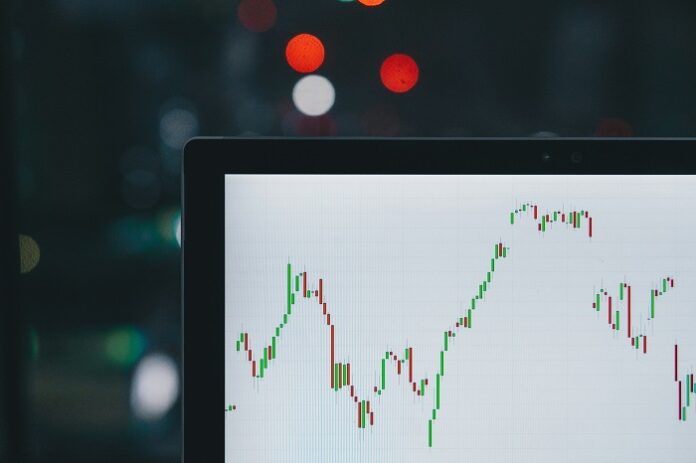If you’re just starting out in trading, you’ve got a lot to learn – and fast! Trading strategies fall among the most important concepts to get your head around. Each strategy is different but can be compared to a trading plan that considers various requirements and factors for an investor. If you’re taking your first steps in trading now, keep reading to learn how to nail strategies from the get-go.
Why start trading?
When it’s used correctly, trading is an effective tool for wealth accumulation, risk management, and diversifying a portfolio at any stage. You could even learn how to harness the power of artificial intelligence investing to streamline your strategies.
The intersection between trading and personal finance is something you’ll learn more about once you’ve started trading. The crux of the matter is that trading gives you more financial confidence and empowers you to push through risk and fetch rewards.
Trading strategies: How do they benefit personal finances?
Building wealth through trading
With the right strategies, you can build personal wealth through trading activities.
Stock trading and forex trading make popular options. If you’ve earned some returns, even at an early stage, you can start compounding. This essentially means to make returns on returns, so you’ll need to be astute and spot opportunities as and when they arrive.
When you learn how your trade relates to commodity trading, and how to leverage that connection, you gain more potential. Through discipline and consistency, you can achieve long-term success financially. You can get rich through trading pretty quickly, especially if you’re proficient.
With a good understanding of market trends, day trade and short selling can be lucrative.
Enhanced financial confidence
Because you’ll be spending more on trading – and often putting aside large amounts in one day – you’ll need to adapt to higher levels of responsibility.
When it comes to budgeting, saving and investing, managing your personal finances effectively is key to being a good trader. You’ll find it invaluable to establish distinct financial goals, set a budget for your trading activities, and prioritise savings and investments.
Of course, some debt is to be expected if your first attempts at trading are unsuccessful. One crucial thing to remember is that you can’t get out of debt by trading, whether that’s Forex or stock markets, so you need to be prudent and keep an eye on your outgoings.
Risk management and wealth preservation
Lastly, as your trading business expands, the value of your stakes will grow. This means that long-term investments remove the chance of short-term volatility, allowing your invested funds to grow continually.
When you start to build wealth in this way, you’ll naturally adopt new strategies to protect your capital. Position sizing, for example, will help you to determine how many units you can purchase, using this as a guide to minimise risk and maximise returns. Likewise, a stop-loss order is a sensible risk-management tool, allowing you to sell a security when it reaches a certain value or set price.
In addition to knowing the best strategies and tools for wealth preservation, you need to be disciplined. Managing your emotions, especially excitement will be key to avoiding rash decisions.





